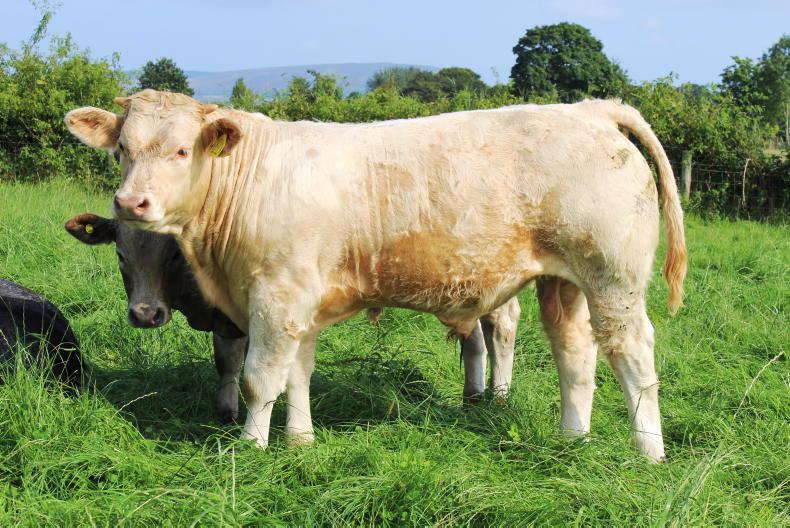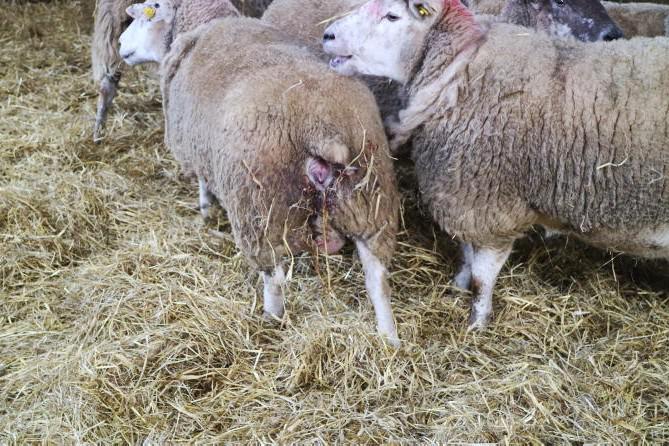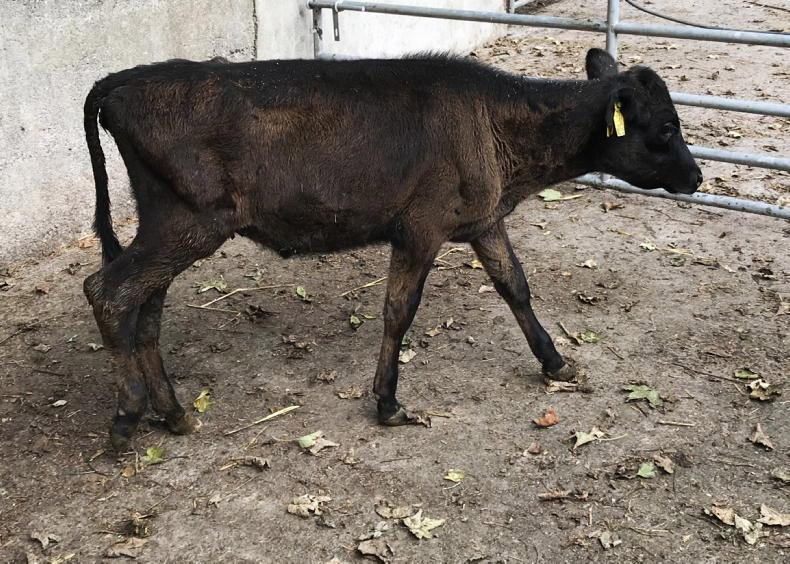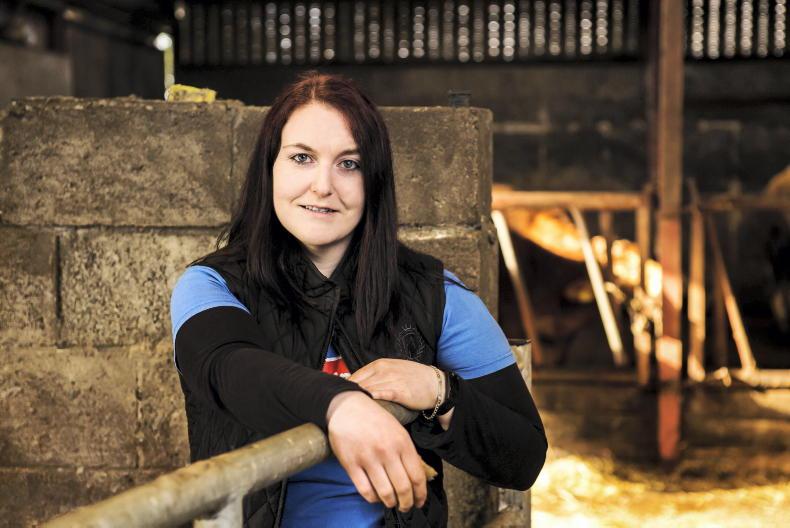Healthy calves should experience fewer problems at weaning time. Ensuring animals are properly wormed will go a long way to reducing respiratory problems at weaning time.
The timing of a pre-weaning dose should be at least two weeks prior to calves being removed from their dam.
Over the next week, make it a priority to bring worming up to date for spring-born calves, with the focus being mainly on treating lung worm.
Ideally, choose a different wormer from dosing products used in mid-summer. This helps to cut down on anthelmintic resistance building in the herd.
Accurate dosing
There is no point in dosing calves if you do not give the proper dose rate or administer the product correctly.
Having animals properly secured in a race will cut down animal movement during handling, therefore making it easier to administer the dose accurately.
Weighing calves before dosing is recommended to ensure the correct dose is given. On a farm without a weighbridge, try and batch calves in the crush race that are evenly sized.
Set the dosing gun, or the applicator, to treat the heaviest animal is each run through the race. This will reduce the variation in weight, improve dosing accuracy and prevent under-dosing.
Read more
Lakeland increases milk price
Beef management: five tips for utilising autumn grass
Healthy calves should experience fewer problems at weaning time. Ensuring animals are properly wormed will go a long way to reducing respiratory problems at weaning time.
The timing of a pre-weaning dose should be at least two weeks prior to calves being removed from their dam.
Over the next week, make it a priority to bring worming up to date for spring-born calves, with the focus being mainly on treating lung worm.
Ideally, choose a different wormer from dosing products used in mid-summer. This helps to cut down on anthelmintic resistance building in the herd.
Accurate dosing
There is no point in dosing calves if you do not give the proper dose rate or administer the product correctly.
Having animals properly secured in a race will cut down animal movement during handling, therefore making it easier to administer the dose accurately.
Weighing calves before dosing is recommended to ensure the correct dose is given. On a farm without a weighbridge, try and batch calves in the crush race that are evenly sized.
Set the dosing gun, or the applicator, to treat the heaviest animal is each run through the race. This will reduce the variation in weight, improve dosing accuracy and prevent under-dosing.
Read more
Lakeland increases milk price
Beef management: five tips for utilising autumn grass










SHARING OPTIONS